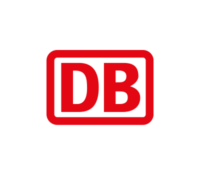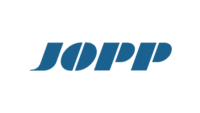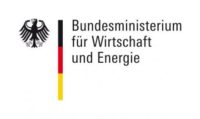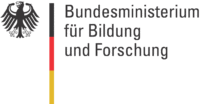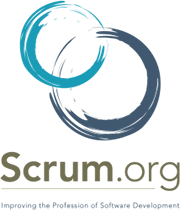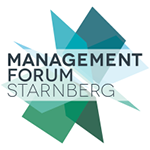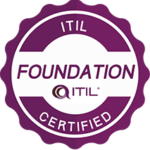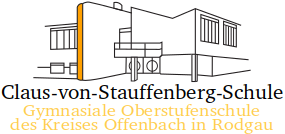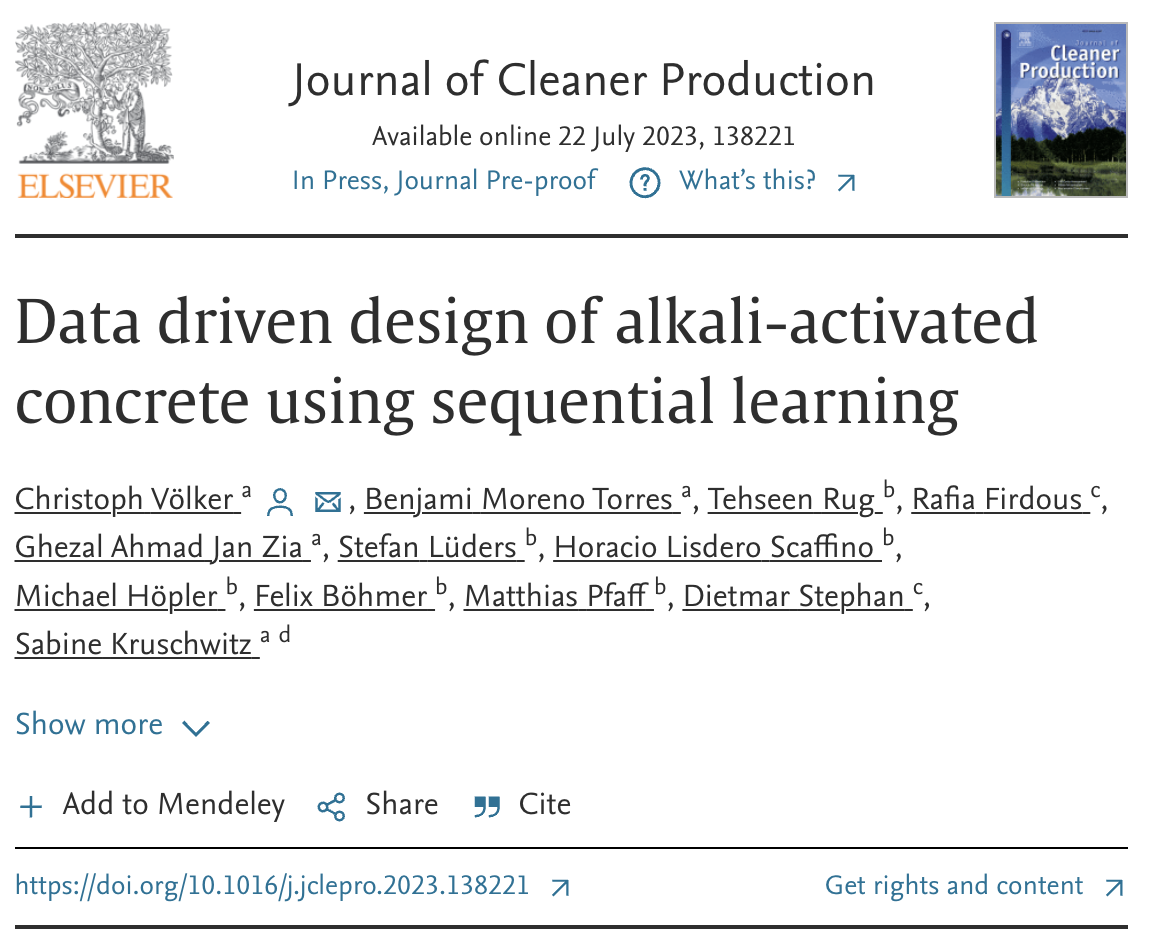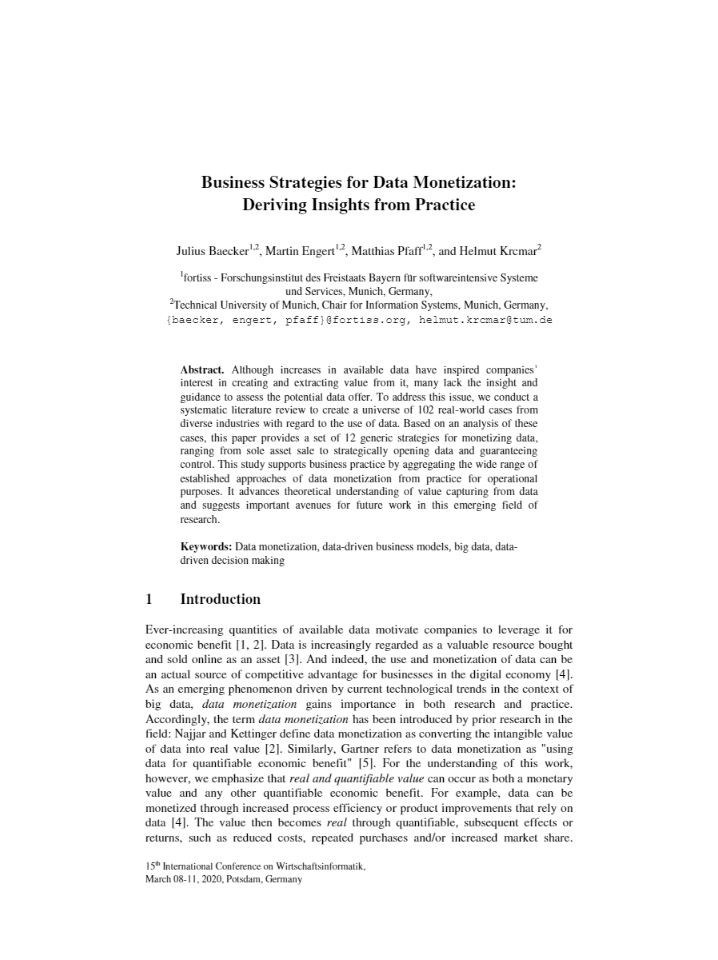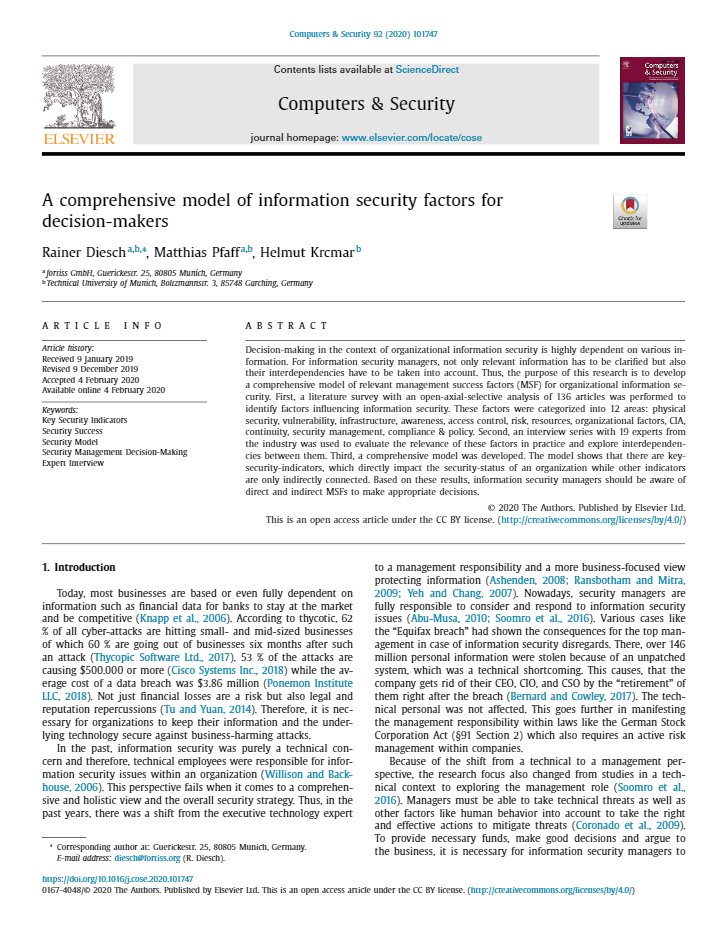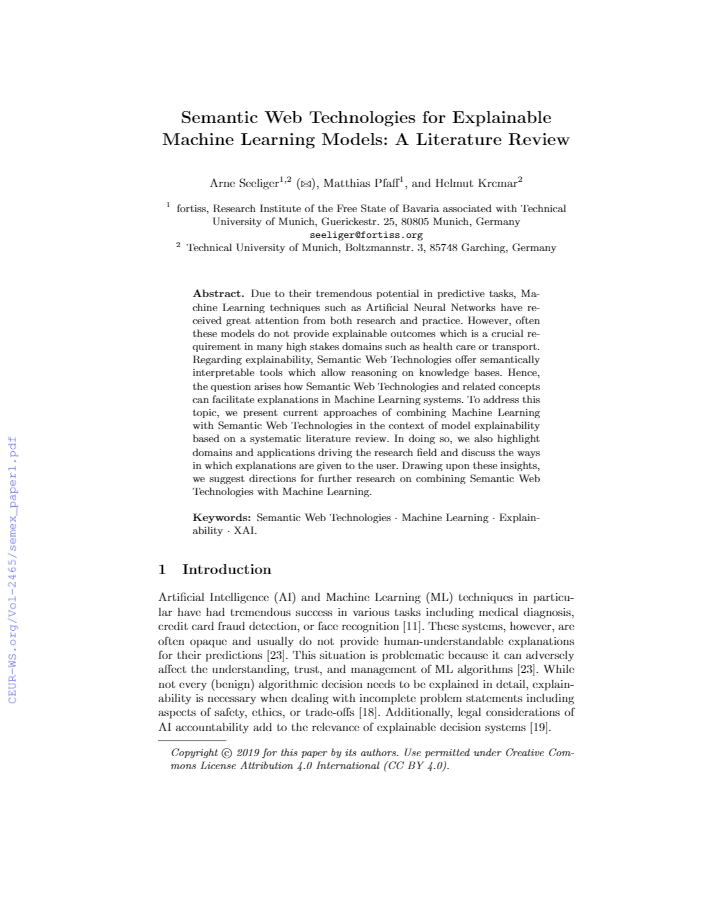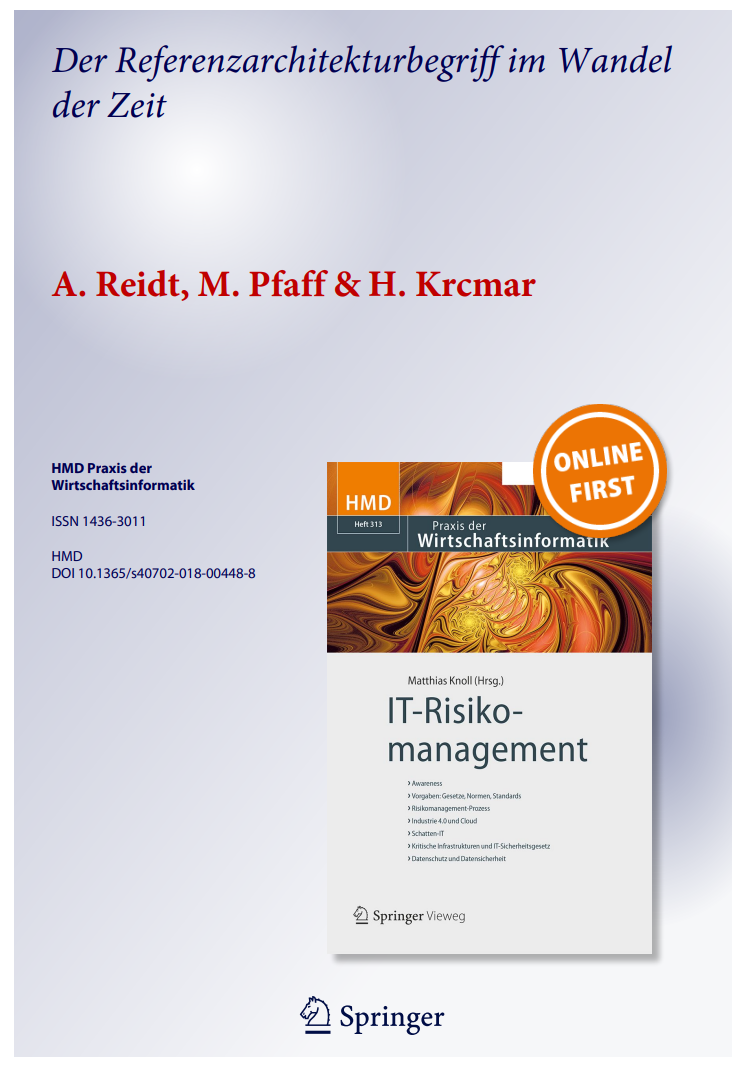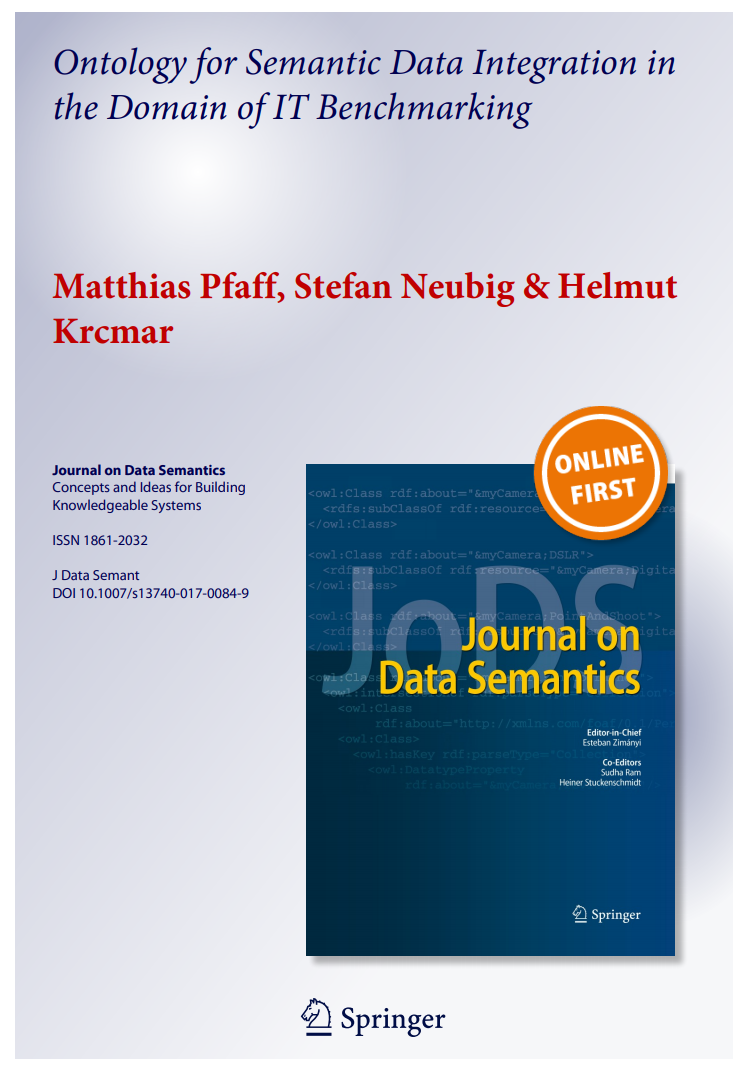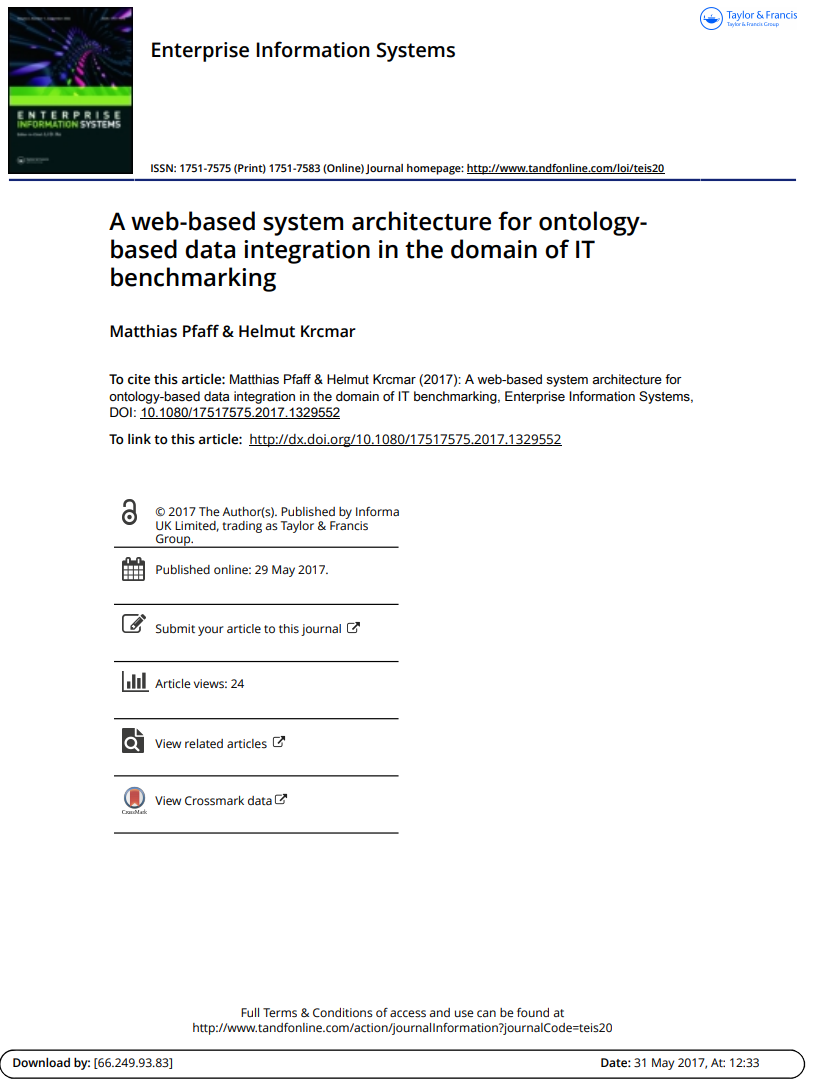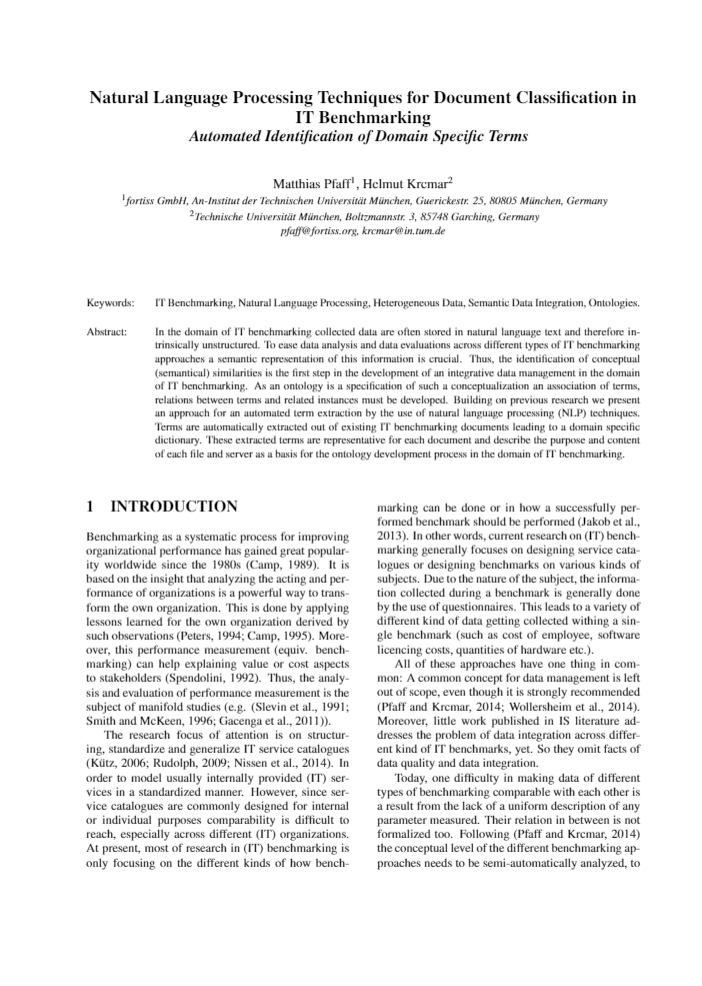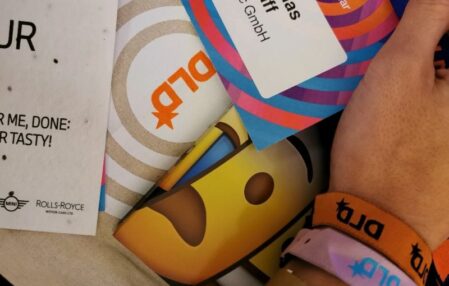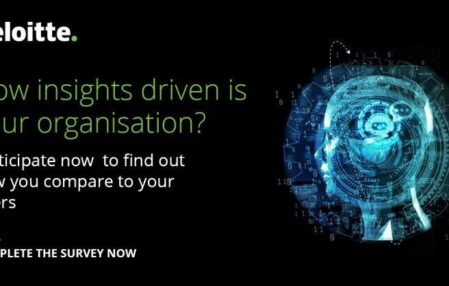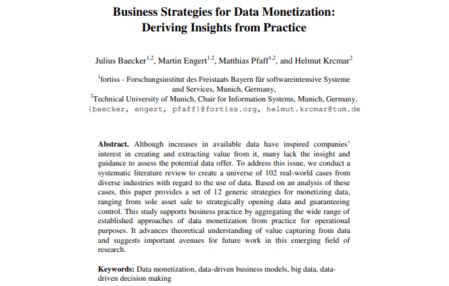

Dr. Matthias Pfaff
Co-Founder & CTO
- Born 1982
- Address Munich, Germany
- E-mail Matthias@playbk.io
- Phone 49 1511 788 806
- Field of Study Information and Computer Science
- PhD (Dr. rer. nat.)
As the Co-founder and CTO, I bring a wealth of experience from my tenure as Senior Director Strategic Solutions EMEAI at C3.ai, where I sold and led the implementation of large-scale AI solutions to drive digital transformation across industries. Previously, I spearheaded the AI and Data Analytics department at iteratec and held a Senior Manager role in management consulting at Deloitte, focusing on AI strategy, business optimization, and growth through innovation.
My background is grounded in leading R&D teams and consulting in business model innovation, supported by a PhD in Computer Science specializing in semantic data integration using NLP technologies. In my current role, I am dedicated to leveraging technology to innovate, drive business growth, and shape the future of digital landscapes.
Some Numbers
Projects
acquired and/or beeing in charge
Achievements
certifications and courses
Publications
in journals and conferences
Team Size
former Team(s) (full- and part-time)
Professional Skills
I am passionate about strategic projects driven by analytics, my skills not limiting with above list.
Work Experience
- THE COMPANY AI
- Delegate work to Playbook®. Turn plain into automated actions.
- We are Enterprise AI - Delivering a comprehensive Enterprise AI application development platform and a large and growing family of turnkey enterprise AI applications. The C3 AI Application Platform is 40 to 100x faster and more reliable than other solutions or DIY approaches, enabling robust delivery of production applications with 100x less code and cost.
- C3 AI seamlessly works with existing data storage, sources, tools, and infrastructure investment, while flexibly operating in a private, hybrid cloud, or multi-cloud environment. You can read more and see many client testimonials at www.c3.ai
- Head of BU
- Development and management of the cross-location division
- Organizational Challenge/Change Management
- Development of brand strategy
- Business development
- Employee management, recruitment, and training of employees
- Expansion of the application of AI and Data
- Increase visibility, market representation, publications, lectures, studies
- Project acquisition and continuous expansion of the network
- Project management, execution of consulting projects incl. client responsibility
- Expansion of the range of services across all locations
- Lead of the inisght strategy team
Focus on analytics strategy (from vision to implementation) - Project acquisition, implementation of strategic ai transformation projects, workshop planning and realization for idea generation and showcasing of ai capabilities
- Support in the joint definition and implementation of the G2M strategy for offering portoflio lead
- Go2Person for Analytics & Strategy projects with a focus on automotive, industrial products, construction, consumer and telco industry
- Head of the center
- Personal responsibility (BMSE group + additional FTE in supporting services)
- Budget control including the acquisition of funding and strategy development
- Planning, concept, and realization of the fortiss Application Center of AI
- Development of new formats for SMEs (training, coaching, conferences and research/implementation projects)
- Build strategic partnerships (MSRM, UnternehmerTUM, seven Research and Transfer Institutions across Europe and the European AI Digital Innovation Hubs Network)
- Coordinator of the Munich Innovation Hub for Applied AI - (European Commission - DIH)
- - Organizer and speaker at conferences e.g. AI for SMEs or DLD
- Managing the R&D Group "Business Model & Service Engineering" (size of group: 16+ permanent employees (lvl: MSc or PhD) and 14 temporary workers)
- Personal responsibility
- Budget control including the acquisition of funding and strategy development
- Consulting of M+E industry (C-level Workshop) on the topic of digital transformation
- Build strategic partnerships
- IT Benchmarking
- Further Responsible for
- lighthouse projects (i.a. BayernCloud and AI Potentials)
- Design Thinking for ideation and innovation activities
- System architectures for distrusted (web/cloud/microservice architecture) applications
- full stack software development projects
- Lecturer, thesis and PhD advisor
- Managing the Project Group "IT Service Management" (size of group: 5. lvl: MSc)
- Budget control including the acquisition of funding and strategy development
- Conception, preparation and execution of ITSM workshops for external clients
- Platform development (Java EE)
- Personal responsibility
- Thesis advisor
- Project Lead
- Contract Design for externals clients
- Customer acquisition
- Platform development (Java EE)
- Conception, preparation and execution of IT Benchmarking workshops for external clients
- Research Staff Member
- Project Member IT-Benchmarking
- Full Stack Java Development
- Backend Administration
- Workshop execution
Selected Projects
Insight Driven Organization
Aim: Transforming Deloitte Consulting into a data-driven organization (towards an insight-driven organization).- Project Volume: Confidential
- Duration: 2019 – ongoing
- Responsibility: Project Acquisition support, Head of Analytics for Analytics Use-Case identification and delivery
Knowledge4Retail (K4R)
Aim: Development of a platform within intelligent retail. It unifies stationary and local retail, serves the strategic marketing and offers digital solutions for individual customer service.- Project Volume: Close to 13 million Euros as part of the innovation competition “Artificial Intelligence as a Driver of Economically Relevant Ecosystems” of the German Federal Ministry for Economy and Energy (BMWi) – (350.000€ for fortiss)
- Duration: 2019 – 2022
- Responsibility: Project Acquisition for fortiss
Regional Conference on AI for SMEs
- Number of participants: 175 individuals
- Responsibility: Initiation, Planning/Execution, Budget, Held Hands-On Sessions (Introduction on AI, Developing an AI Strategy)
- Date: May 2019
Big Data & AI Guide
Aim: Derive a practical approach for the successful implementation of Big Data & AI transformation projects using practical examples in order to enable SMEs in the M+E industry to innovate with Big Data and AI. This includes organizational, business and technical requirements, and challenges. The methodology should offer companies a structure to identify, design and test their own Big Data and AI projects and to implement them effectively and sustainably so that long-term added value can be gained.- Project volume: approx. 130.000 euro for fortiss
- Size of Consortium: 4 – Clients
- Duration: 14 Month (Aug. 2018 – Oct. 2019)
- Responsibility: Project acquisition and definition, project lead, contract design
BayernCloud
Aim: Showcasing the elements and systems that are essential for the long-term oriented development and operation of platform ecosystems for Small and medium-sized enterprises (SMEs), compromising reference architectures, governance structures and appropriate business and operating models for such systems. Obstacles addressed include security concerns, adaptability of cloud solutions, and independent certification. In addition, interoperability and portability will be ensured with respect to the platform independence of cloud service providers.- Size of Consortium: 7
- Project volume: up to 3,3 mio euro (2.3 mio euro for fortiss)
- Duration: 3 years (Sep. 2017 – Sep. 2020)
- Responsibility: Project acquisition and definition, project lead, technical advisor (cloud/microservice architecture), contract design
QuickCheck Digitalization
Aim: With the QuickCheck Digitization 1, members of bayme vbm get a well-founded overview of their company’s digitization level. fortiss developed the QuickCheck Digitization 1 in cooperation with the Chair of Information Systems at the Technical University of Munich, exclusively for members of bayme vbm and it is suitable for both manufacturing and non-manufacturing firms in the metalworking and electrical industries.- Project volume: up to 450.000 euro (ongoing paid service)
- Duration: since 2016
- Responsibility: Project acquisition, definition and development, project and C-level workshop execution, project lead, technical advisor (Java EE) contract design
CrowdServ
Aim: Connecting several incubators and their networks via an internet platform. This project aims to develop a virtual crowd community and the underlying technical internet platform, as well as crowd-based services for boosting boost start-ups and their growth chances.- Project volume: up to 580.000 euro (240.000 euro for fortiss)
- Duration: 3 years (Apr. 2016 – May 2019)
- Responsibility: project lead
SUGAR
Aim: SUGAR is a global network that brings together students, universities and companies for the future of innovation through a new learning experience. The SUGAR Network facilitates human-centered design to young talented minds. A team of about 3-4 students from the Technical University of Munich together with students from other international Universities (if you choose a global team) will be working for ten months on your innovation using the methods and tools of Design Thinking to develop a final high-resolution prototype.- Duration: since 2016
- Responsibility: Coordinator, project lead, responsible for the budge, contract design, partner acquisition, design thinking workshops, project support
IT Benchmarking
Aim: Pressure from rising IT costs creates a need for IT managers to find new ways to increase the efficiency and effectiveness of IT services. Transparency of IT services and related processes is essential for this. With IT benchmarking tools an evaluation of important information on the efficiency and effectiveness of IT departments is provided.- Project volume: up to 650.000 euro (across various It benchmarking initiatives by fortiss)
- Duration: since 2010 (on hold since 2017)
- Responsibility: Continuous partner acquisition, platform development (java EE), project lead, C-Level workshop execution, contract design.
VALUE4CLOUD
Aim: At fortiss we focused on the research and development of services for assessing the quality of cloud services, to support the comparison of cloud services and to provide comprehensive information of cloud services to users and interested parties. In addition, fortiss lead the project consortium Value4Cloud.- Duration: 2011 – 2014
- Responsibility: Co-coordinator, project staff, responsible for the budget (last 6 month of the project)
Education
Publications (Selection)
Publications (List)
Talks & Lectures (Selection)
Talk on the Topic: "Balancing Act: Architecting SaaS for Quality, Scalability, and Innovation - A Startup Perspective in the B2B Environment" in the context of the lecture on Internet Computing at the research group Critical Information Infrastructures (cii) which is part of the Institute of Applied Informatics and Formal Description Methods (AIFB) of Prof Ali Sunyaev, at the Karlsruhe Institute of Technology (KIT).
Talk on the topic of Enterprise AI in the context of the lecture on Internet Computing at the research group Critical Information Infrastructures (cii) which is part of the Institute of Applied Informatics and Formal Description Methods (AIFB) of Prof Ali Sunyaev, at the Karlsruhe Institute of Technology (KIT).
Startup Cup for Organizational Intelligence
Data as an end in itself? No! - Data as a means to an end.
Everyone is talking about data and analytics, but why do so many initiatives fail to materialize? In this presentation, you receive, in addition to an overview of current technologies in the context of AI and data, an overview of the fundamental issues, potentials, drivers and hurdles, but also process models for the successful introduction of AI and data activities.
Masterclass on AI for executives
Einsatzmöglichkeiten und -felder von KI in der Dienstleistungswirtschaft
2 weeks of intensive workshops
- 12 programmes in digital innovation and entrepreneurship
- 11 locations in 10 European countries
- Gain hands-on experience through company cases, project work and field trips
- Earn 4 ECTS credits for your final report (optional)
- Have fun during our team building activities
- Competitively priced tuition and fees
Responsibility: Jury Member Closing Ceremony - final Presentations
Given lecture as Part of the TUM Executive MBA Program on the topic of AI - Module on Business
Development & Innovation Management :
- Machine Learning - Artificial Intelligence, Robotics: What is it?
- Preconditions for using ML and AI techniques - Data and Software as a Basis
- Identification of Applications for ML and AI - Ideation and Project Realization
- Social Aspects - on the Legal, Political and Ethical Dimensions of AI
Introduction to AI and strategy workshop on how to set up AI/data-driven projects
Secure and trusted cloud services.
Artificial Intelligence - Main Features, Status Quo & Outlook
Colloquium on current research challenges in AI
Masterclass on AI for executives
Europe and the global AI race
My Interests
I love cooking, music and meeting friends. Due to my background I am addicted to science and technology. Of course, hiking and via ferrata are not to be missed, as long as there is no time for travel.
- Science
- Technology
- Family and Friends
- Cooking
- Philosophy
- Music
- Hiking
- Traveling
